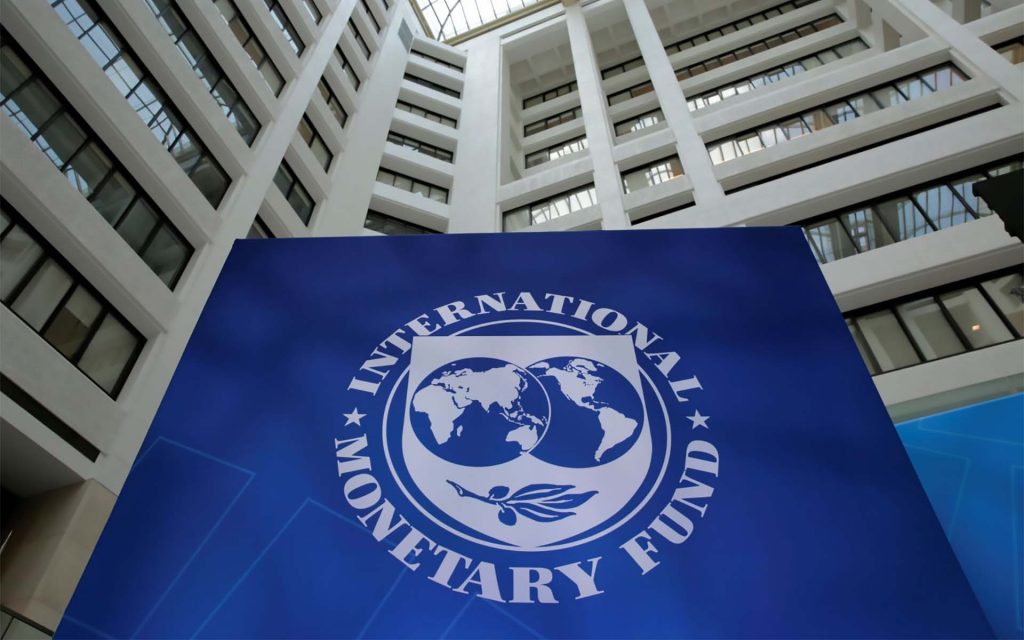CEM REPORT, ECONOMY | Nigeria’s projected GDP growth for 2022 has been lowered by 0.4% to 3% by the International Monetary Fund (IMF).
IMF revised its earlier projection from 3.4% as a result of Nigeria’s inab6to meet its oil production obligations and the recent flooding which has affected agriculture production.
A statement by the international lender titled “2022 Article IV Consultation”, noted that Nigeria’s oil production has been declining since the middle of 2020 due to low investment and significant leakages brought on by poor maintenance and theft.
“Output growth at 3.4 per cent (y/y) in 2022Q2 marked the seventh consecutive quarter of growth driven by various services sectors, especially information technology, trade, and finance.”
“The slowdown in growth reflects year-to-date weaknesses in oil production and the adverse effects of recent flooding. Supported by the authorities’ measures to curb ongoing oil theft and considering new production coming on stream, a protracted recovery in the oil sector is projected to begin late this year.”
“The effects of recent flooding and high fertiliser prices could become more entrenched, impacting both agricultural production and food prices in 2023 negatively. Similarly, further volatility in the parallel market exchange rate and continued dependence on central bank financing of the budget deficit could exacerbate price pressures.”
The statement released following the IMF’s conclusion of an official staff visit to Nigeria stated that in the medium term, there are possible downside risks to the oil sector from possible price and production volatility. At the same time, climate-related natural disasters pose downside risks to agriculture. There are also upside risks from a more robust rebound in oil production, investment in the gas sector and the Dangote refinery coming on-stream with a large production capacity.












